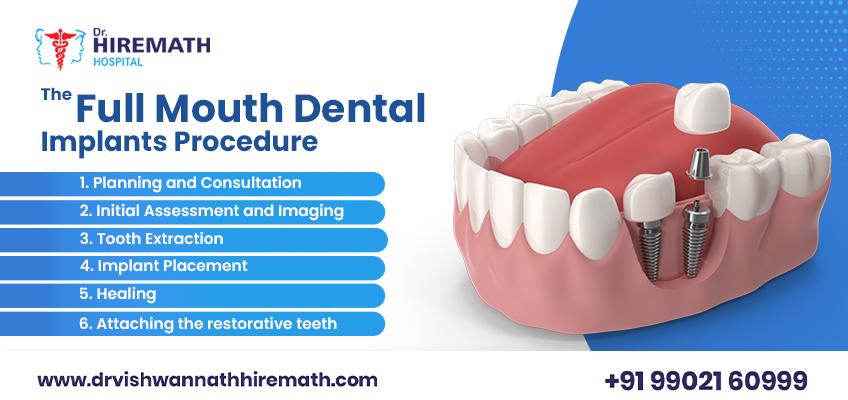Clear Your Doubts
Should a 70 year old get implants?
Yes, age is not a barrier for dental implants. A 70-year-old can be a great candidate for full mouth dental implants, as long as they are in good overall health and have sufficient bone density in their jaw. Implants offer improved function and comfort compared to dentures, and with proper care, they can last for many years. It's important to consult with a dental professional to assess individual health and suitability for the procedure.
Is there an age limit for full mouth dental implants?
There is no strict age limit for full mouth dental implants. As long as a patient is in good general health, has sufficient bone density, and can tolerate the procedure, they can be a candidate for implants, regardless of age. In older adults, factors like bone health and medical conditions are more important to consider. A thorough evaluation with a dental professional will help determine if implants are a safe and effective option.
Who cannot have dental implants?
Dental implants may not be suitable for individuals with severe gum disease, insufficient bone density, or certain medical conditions like uncontrolled diabetes or immune disorders. Smokers may also face higher risks of implant failure. Additionally, pregnant women and those under 18 (for women) or 21 (for men) may not be candidates until growth is complete. A dental professional will evaluate your health and suitability before recommending implants.
Do implants look better than dentures?
Yes, dental implants generally look more natural than dentures. Implants are designed to mimic the appearance of natural teeth, blending seamlessly with your smile. Since they are anchored directly into the jawbone, they don’t shift or affect facial structure, providing a more permanent and realistic result. Dentures, on the other hand, may not fit as securely and can sometimes look bulky or feel less natural. Implants offer superior aesthetics and comfort in comparison.
Is a dental implant painful?
Dental implants are typically not very painful, as the procedure is done under local anesthesia to numb the area. Most patients experience some discomfort or soreness after the surgery, but this can usually be managed with over-the-counter pain medication. Swelling and bruising are also common, but they generally subside within a few days. The discomfort is often much less than expected, and many patients return to normal activities within a few days. Your dentist will provide detailed aftercare instructions to ensure a smooth recovery.



